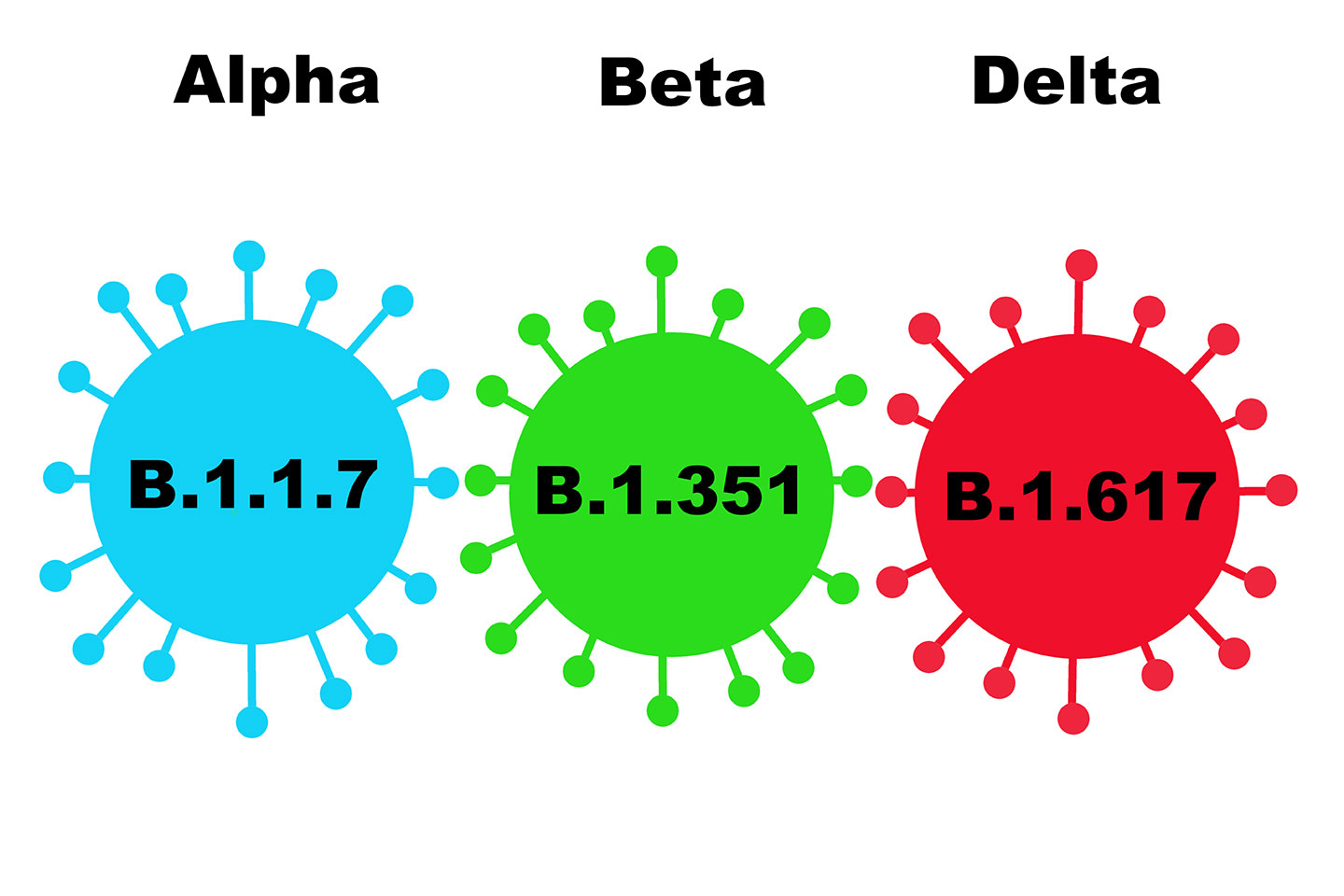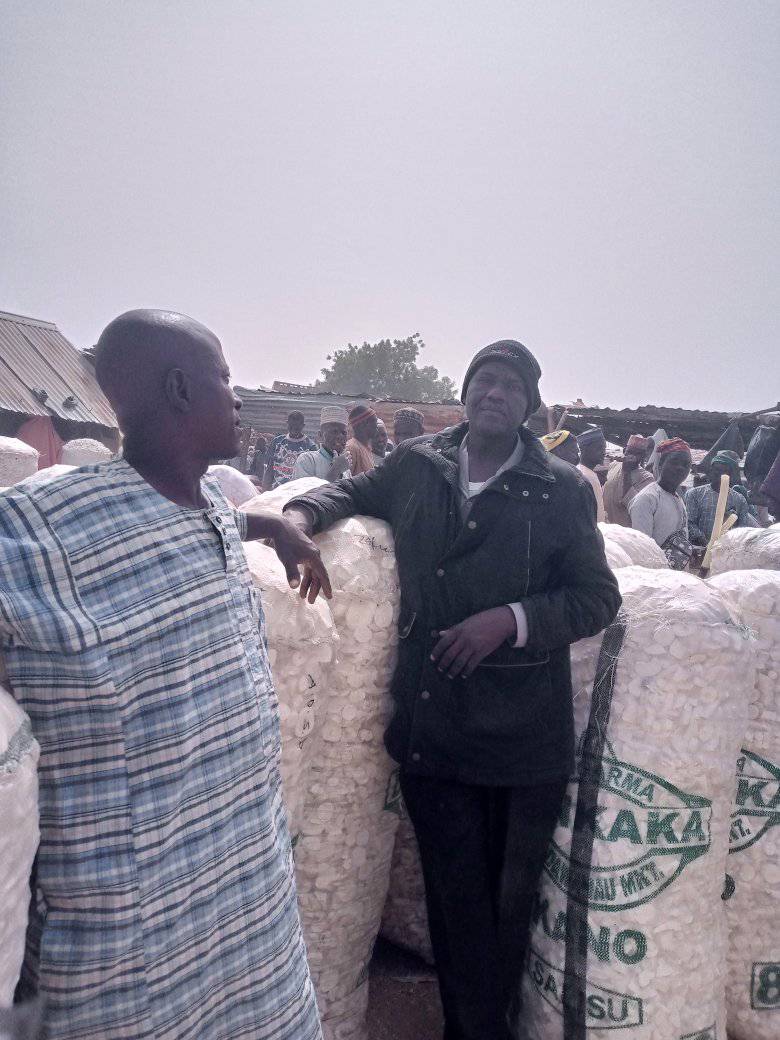People around the world are concerned about the highly-contagious Delta variant of COVID-19. We’ve gathered the latest expert information to answer some of the most common questions about this new variant
What is the Delta variant?
The Delta variant of COVID-19 has been called a variant of concern by WHO because of its high transmissibility. Where the Delta variant is identified, it quickly and efficiently spreads between people. As of 10 August, the Delta variant has been reported in 142 countries and is expected to continue spreading.
Is the Delta variant more contagious?
Yes. The Delta variant is highly contagious, about twice as contagious as previous variants. However, the same precautions, such as avoiding crowded spaces, keeping your distance from others and mask wearing, still work against the Delta variant.
Are the COVID-19 vaccines effective against the Delta variant?
Yes. The WHO-approved COVID-19 vaccines continue to be highly effective at preventing severe illness and death, including against the Delta variant. When it’s your turn make sure to get vaccinated. If your vaccination involves two doses, it’s important to receive both in order to have the maximum protection.
The vaccines protect most people from getting sick, but no vaccine is 100 per cent effective. A small number of vaccinated people may get infected with COVID-19; this is called breakthrough infection, but they are likely to have milder symptoms. This is why if you live in an area with high-levels of COVID-19 transmission it’s recommended to take additional precautions. If you have been fully vaccinated but are showing symptoms of COVID-19, you should contact your doctor about whether you should get tested.
Are children more likely to contract the Delta variant?
The Delta variant does not specifically target children. There are increased rates of infection across all age groups. However, the Delta variant is more contagious than other strains and people who are mixing socially and those who are unvaccinated are more susceptible to contracting the Delta variant.
How can I protect myself and my family against the Delta variant?
Keep updated on the level of COVID-19 transmission in your community and follow local guidance. In general, the higher the rate of transmission, the higher the risk of potential exposure in public settings. Here are some key ways to protect yourself and your loved ones:
- Avoid crowded spaces and keep your distance from others.
- Keep all indoor spaces well ventilated (this can be as simple as opening a window).
- Wear a mask when in public places where there is community transmission and where physical distancing is not possible.
- Wash your hands regularly with soap and water or an alcohol-based hand rub.
- When it’s your turn, get vaccinated. WHO-approved COVID-19 vaccines are safe and effective.
What is the Delta Plus variant?
The Delta Plus variant contains a new mutation in the spike protein the virus uses to enter human cells. Because it is closely linked to the Delta variant, it’s been called Delta Plus rather than another letter in the Greek alphabet. So far, Delta Plus has been found in relatively low numbers.
























